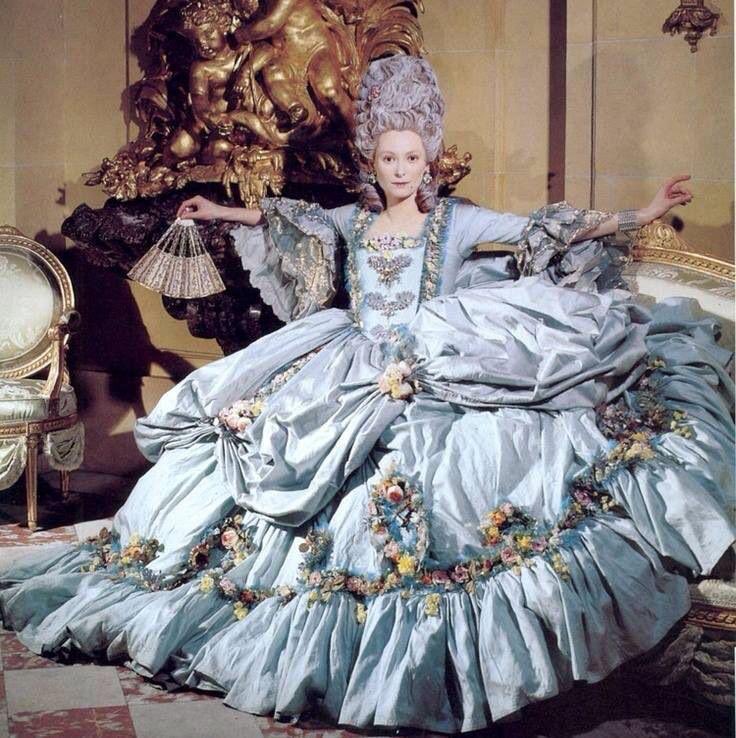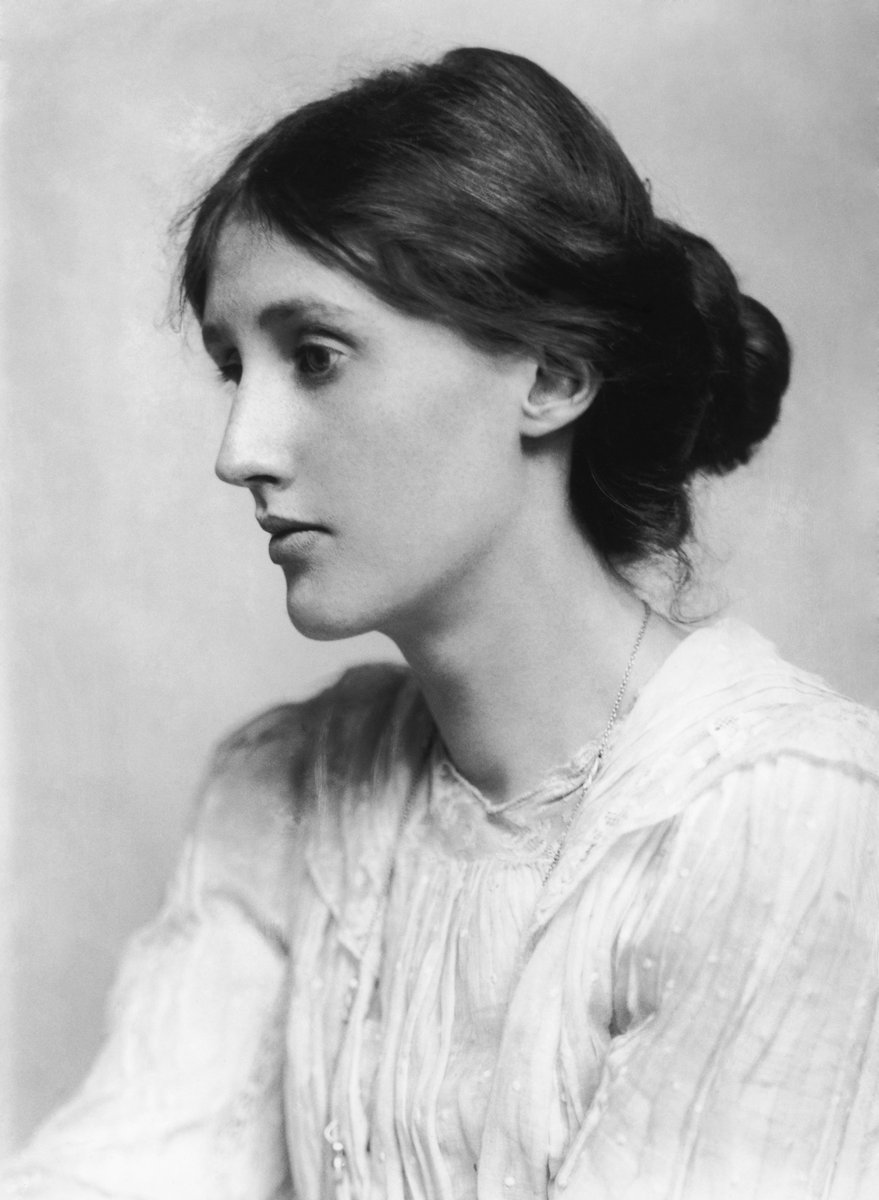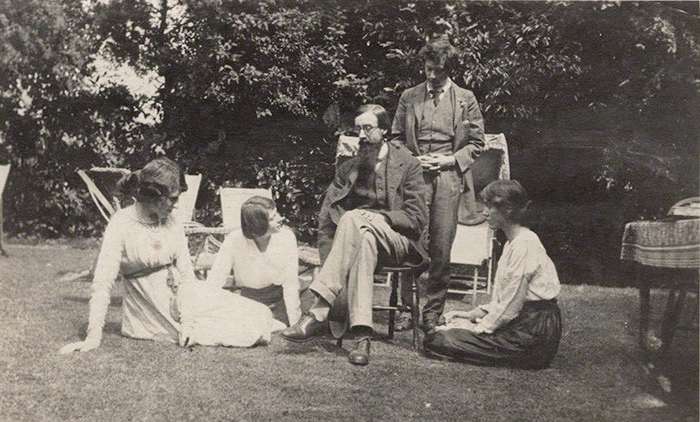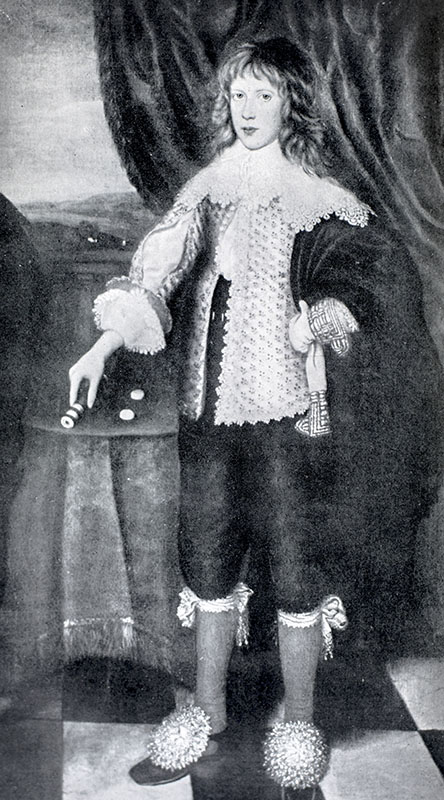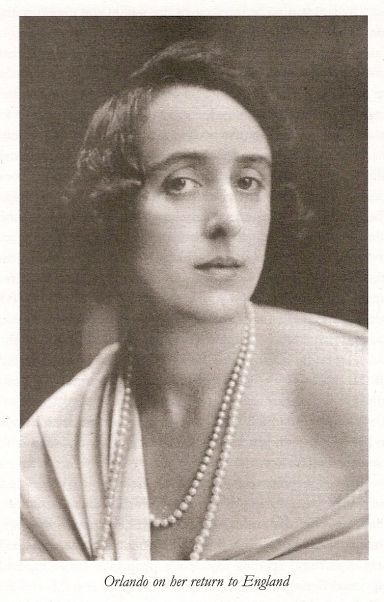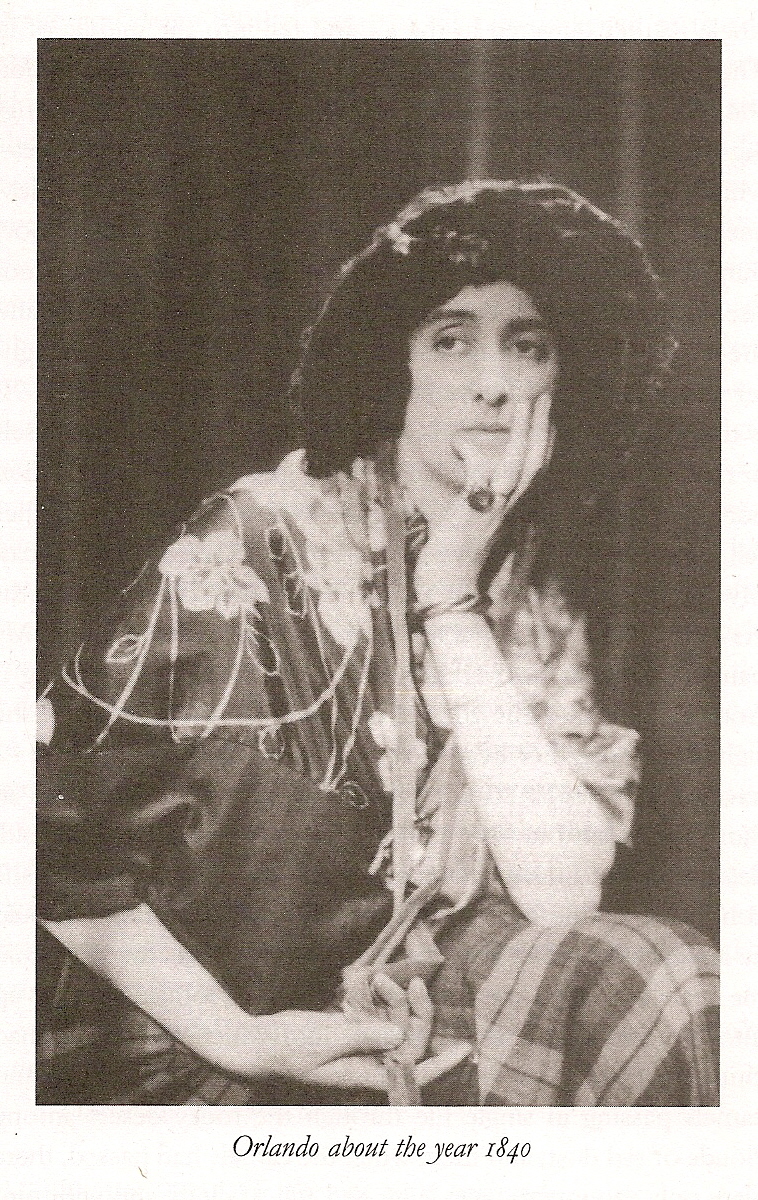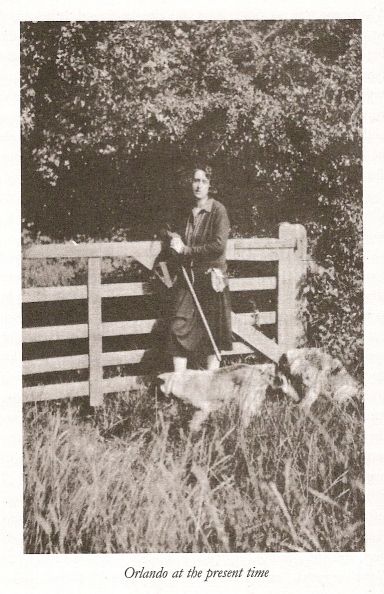This classic follows Orlando, an adventerous poet who lives for centuries and changes sex from male to female. The novel has been adapted many times but the most famous is Sally Potter’s 1993 film, which inspired the 2020 Met Gala theme.
Virginia and her remaining siblings purchased a house in the Bloomsbury area of London. This put her into contact with the English writers, intellectuals, philosophers and artists known as the Bloomsbury Group, which were well known for their libral views of sexuality.
Vita Sackville-West was also a member of the Bloomsbury Group. Vita and Virginia engaged in a sexual and romantic relationship for a decade and remained close friends after. It has been confirmed by one of Woolf’s diary entries that Vita was the inspiration for the novel.
According to Nigel Nicolson, Orlando,inspired by Woolf’s lover Vita, was the “most charming love letter in literature.” In the novel, she “explores Vita, weaves her in & out of centuries, tosses her from one sex to another, dresses her in furs, drops a veil of mist around her.”
Orlando is a “biography” of a poet who transcends lifetimes. The novel starts off with the famous line “He, for there could be no doubt about his sex...” while we spend the rest of the novel doing just that: doubting his sex.
We first meet Orlando as a young boy living in the Elizabethan Era. He is the only son in a noble family, making him the heir to the family home. Our protagonist lives for around 300 years with the last time we see Orlando in the early 20th century.
When Orlando reaches the age of 30 it’s the seventeenth century and he has been living in Constantinople as an ambassador to the King. Orlando is liked by the turkish people as he often throws lavish parties for them. After one of these parties he falls into a trance.
Days later he awakens from his trance, naked in his bed and as a woman. Orlando looks at her new body in the mirror and remarks “Different sex. Same person.” Orlando carries on as a woman for the remainder of the novel.
Orlando must adapt to now living as a woman, powerless at this time especially when compared to having lived as a man. When Orlando goes back to England from Constantinople she is outfitted in a seventeenth century dress.
Woolf uses fashion to express the difference between men and women at this time. The dress that Orlando wears is constricting and hard to move in. She is restrained, very much like the women in the seventeenth century and for the majority of history.
One night, Orlando dresses herself as a man and finds herself reverting back to her male mannerisms. In this, Woolf expresses that the concept of gender is one imposed by society, and in the freedom of gender neutrality we are allowed to act according to our true nature.
Orlando grew used to changing herself with the centuries to adapt to the times. But eventually she grows tired and decides to stop conforming to what society expects from her. Orlando realizes that although she has changed herself throughout time, she remains the same person.
Woolf is known for exploring themes surrounding sexuality, gender, and feminism. Throughout her life she herself defied the societal norms of her time. She had sexual relationships with women, cross dressed often, and fought for women’s rights.
Virginia’s life was sadly cut short when she commited suicide at the age of 59. Having lived in an era where mental illnesses were greatly misunderstood, she suffered from depression and possibly bi-polar disorder.
Today, Virginia endures as a feminist icon. Her work still remains relevant and modern, but also poses a question: how much have we truly advanced as a society when a century old novel, spanning three centuries, is still considered revolutionary?

 Read on Twitter
Read on Twitter
